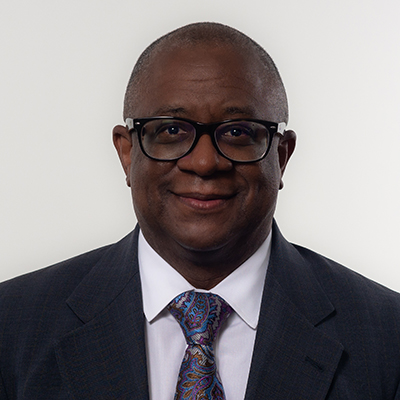Diversity, Equity, Inclusion, Accessibility, and Justice (DEIAJ) are crucial elements in the field of quantum technologies, as they are in any field. Here's why they are important:
Diversity
In quantum technologies, diversity is essential for fostering innovation and creativity. Different backgrounds, perspectives, and experiences bring varied approaches to problem-solving and can lead to breakthroughs in research and development. A diverse workforce in Connecticut also better represents the broader population and ensures that quantum technologies are designed to meet the needs of everyone.
Equity
Equity in quantum technologies involves ensuring fair access to resources, opportunities, and benefits within the field. This means addressing historical disparities and systemic barriers that may prevent certain groups from fully participating or advancing in quantum technologies. Equity initiatives can include targeted recruitment efforts, mentorship programs, and support for underrepresented communities in Connecticut.
Inclusion
Inclusion goes beyond diversity by creating environments where all individuals feel valued, respected, and empowered to contribute. Inclusive practices in quantum technologies involve fostering a culture of belonging, where everyone's voices are heard and diverse perspectives are actively sought out and respected. This not only leads to better collaboration and teamwork but also enhances overall productivity and innovation.
Accessibility
Accessibility in quantum technologies involves ensuring that, resources, and opportunities are available to individuals with disabilities or other accessibility needs. This can include designing quantum algorithms and software with accessibility features, providing accommodations for individuals with disabilities in research and educational settings, and promoting inclusive design principles in the development of quantum hardware.
Justice
Justice in quantum technologies encompasses fairness, equality, and ethical considerations in the use and development of quantum technologies. This includes addressing issues such as data bias, algorithmic fairness, and the ethical implications of quantum technologies applications, such as cryptography and optimization. Ensuring justice in quantum technologies requires engaging with stakeholders from diverse backgrounds and perspectives in Connecticut to identify and mitigate potential harms and promote equitable outcomes.
Belonging
Creating a sense of belonging in the quantum technologies community is essential for the well-being and retention of individuals in the field. When people feel valued, respected, and included, they are more likely to contribute their best work and remain engaged in their work and studies.
Integrating DEIAJ Into Quantum
Integrating DEIAJ principles into the field of quantum technologies is essential for advancing research, fostering innovation, and ensuring that quantum technologies benefit society, as a whole. By promoting diversity, equity, inclusion, accessibility, justice, and belonging we can build a more ethical, inclusive, and sustainable future for quantum technologies.
DEIAJ Leaders at QuantumCT

Deborah Stanley-McAulay
Associate Vice President
Employee Engagement & Workplace Culture
Chief Diversity Officer
Yale University

Jeffrey F. Hines, MD
Associate Vice President
Chief Diversity Officer
Office of Health Affairs
Office of Diversity and Inclusion
University of Connecticut Health Center
